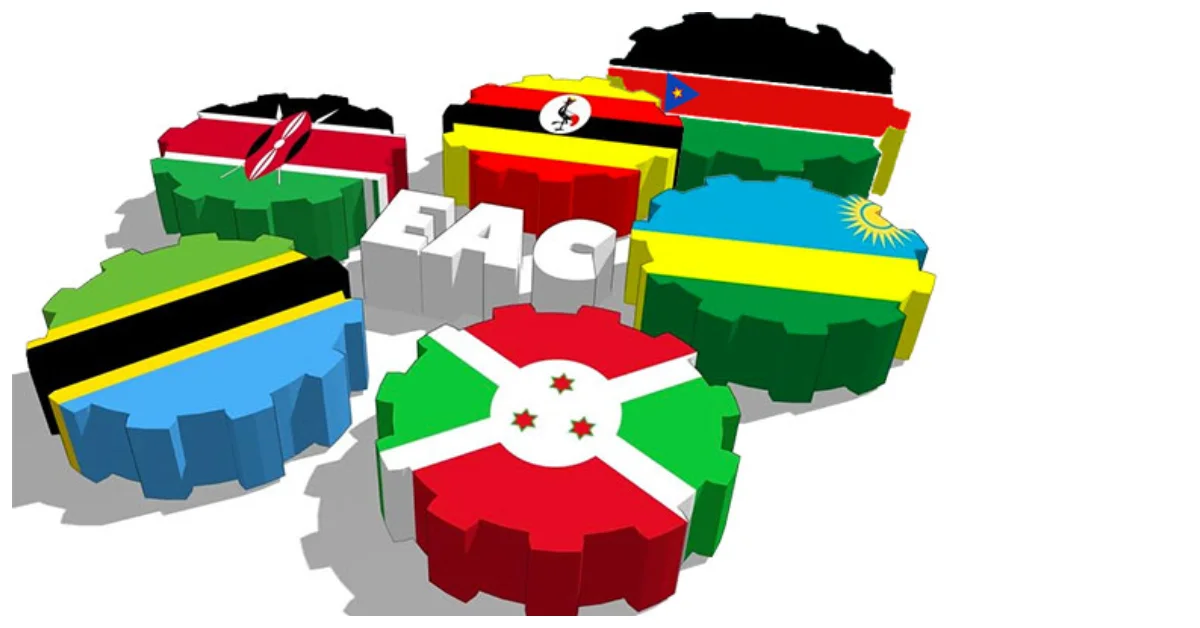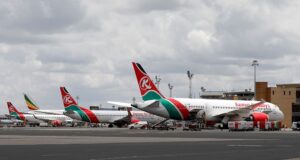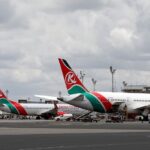Kenya has significantly reduced its imports from East African Community (EAC) partner states by approximately Ksh5.4 billion during the first half of 2023, as issues related to protectionism and border clearance challenges persisted within the EAC bloc.
Data from the Kenya National Bureau of Statistics (KNBS) reveals that by June 2023, the total value of imports from EAC countries had decreased to Ksh42.9 billion, marking an 11.2% decline compared to Ksh48.3 billion during the same period in 2022. This shift in trade dynamics benefited other regions, particularly those within the Common Market for Eastern and Southern Africa (COMESA) and the European Union (EU).

Kenya has encountered ongoing trade disputes and border issues with its key neighbors, Uganda and Tanzania, leading to various restrictive policies and trade barriers. Uganda, a significant export market for Kenya, has been involved in trade conflicts with Nairobi, particularly concerning products such as sugar, milk, and eggs, which now face higher tariffs.
Tanzania also imposed new trade regulations on grain imports from EAC partners during this period, prompting Kenya to explore alternative sources according to a report by People Daily.
The decline in imports from Tanzania, which decreased from Ksh15.5 billion in the second quarter of 2022 to Ksh10.8 billion in the current quarter, was mainly attributed to reduced imports of maize and rice from Tanzania. These actions by Tanzania were seen as contrary to the principles of the EAC Common Market Protocol, which promotes the free movement of goods, services, capital, and labor within the EAC.
Read Also: East African Countries Retaliate against Kenya
Since taking office in September of the previous year, President William Ruto has made efforts to improve relations with Tanzania and Uganda, despite persistent non-tariff barriers (NTBs) in the region.
The East African Business Council stated that, “The EAC Partner States have continued to persistently apply for Stays of Applications (SOAs) and Country Specific Duty Remission creating an unlevel playing field for the producers, manufacturers, and traders across the region.”
Subscribe to our YouTube channel Switch TV
These actions by Uganda and Tanzania, coupled with Kenya’s food shortages, compelled Nairobi to explore alternative sources, both within Africa and outside the continent, to meet its import needs.
















